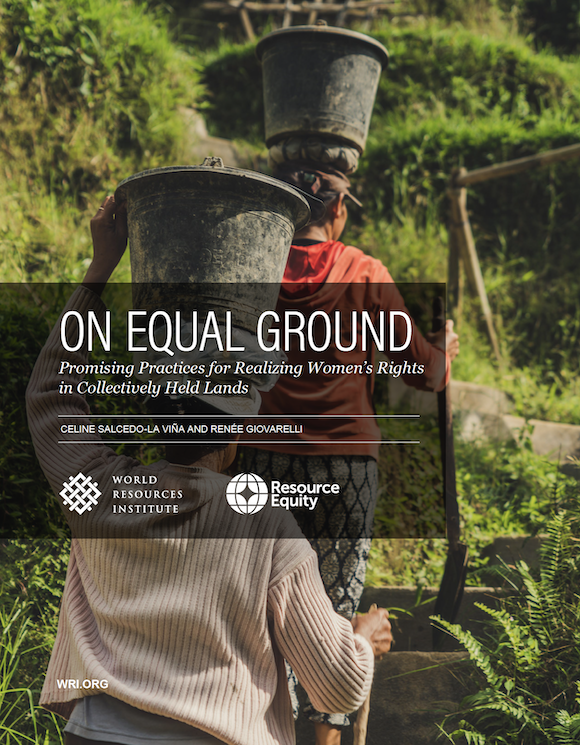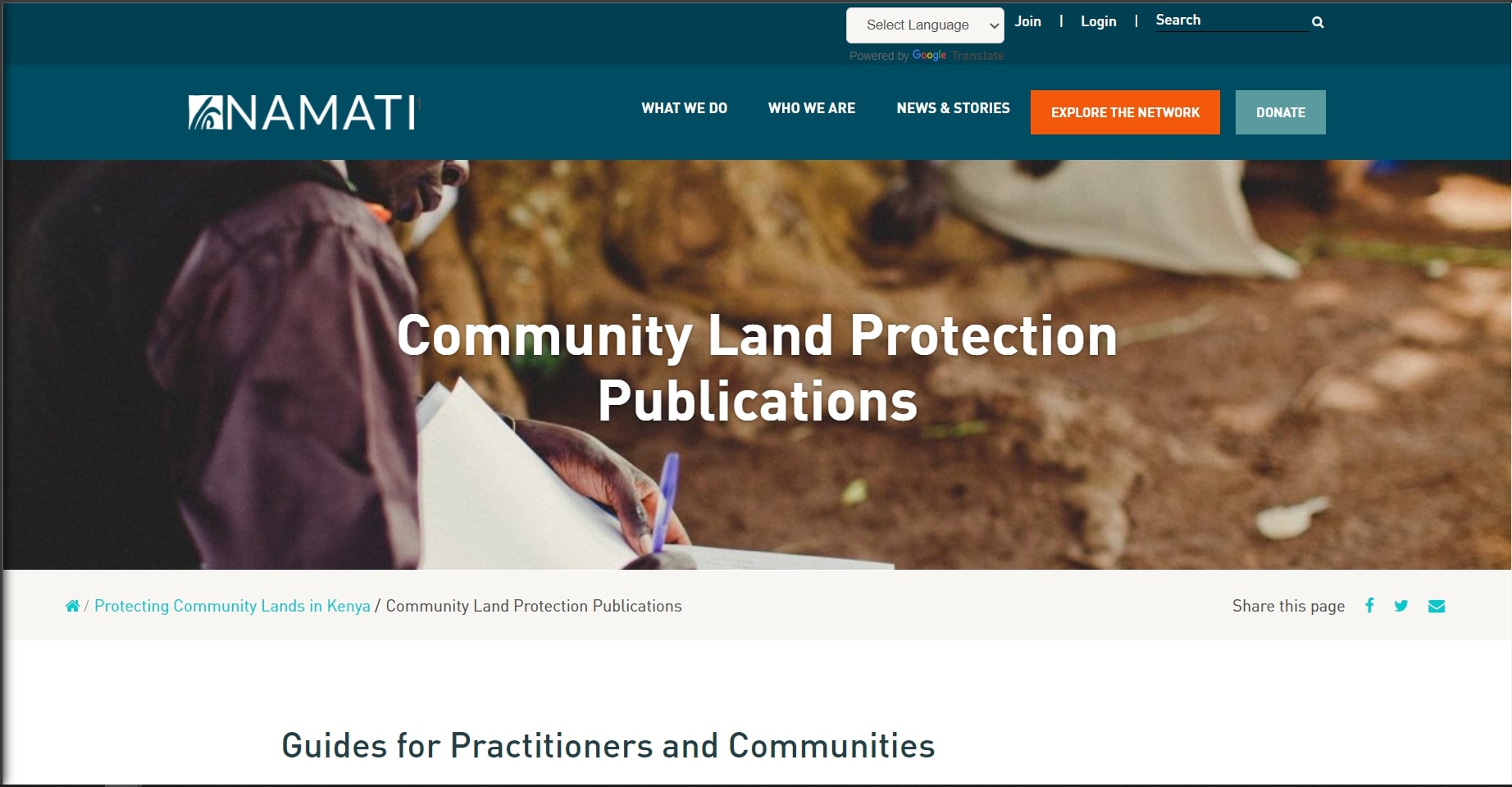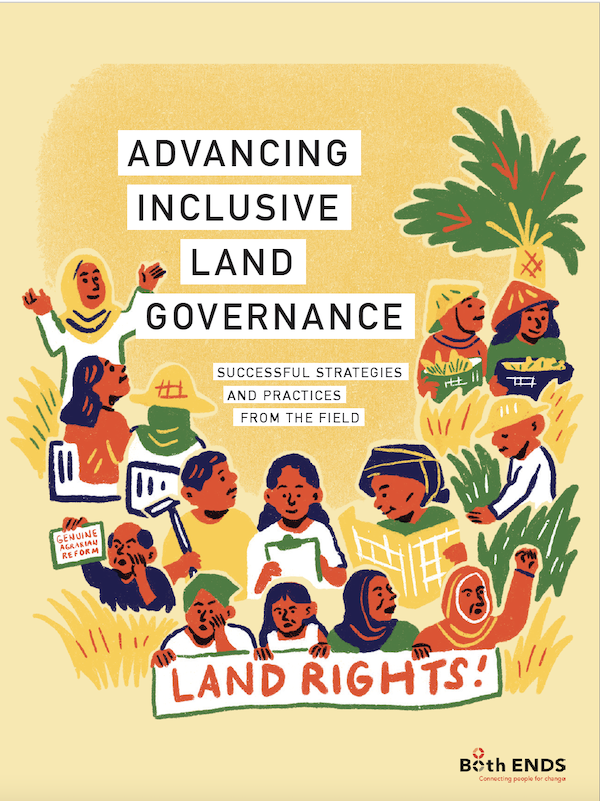IMPLEMENTATION OF THE COMMUNITY LAND ACT, 2016 ADVOCACY STATEGY FOR LSNSA

A myriad of Non-Governmental Institutions that form the land Sector Non-State Actors (LSNSA) have collaboratively developed an advocacy strategy to guide various engagements initiatives in the advocacy of the implementation of the Community Land Act,2016.
This Strategy highlights the roles of key actors: The Government, the Communities and Civil Society Organizations.








